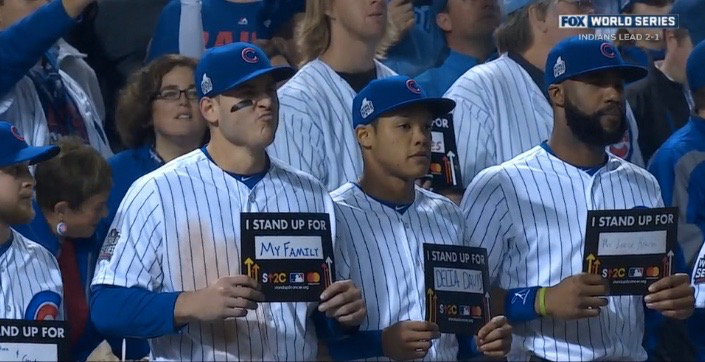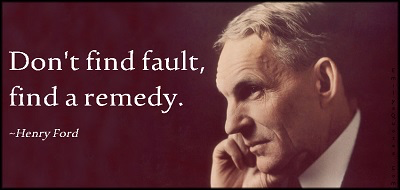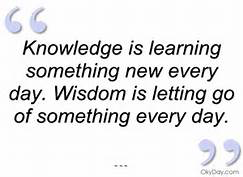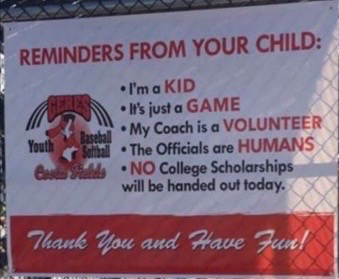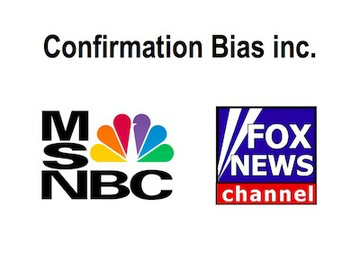Interesting, isn’t it?
Five million fans lined the streets of Chicago to celebrate the Cubs’ World Series championship! That’s almost double the number that actually attended a Cubs’ game at Wrigley Field this season. What’s that about?
It seems that the idea of being a Cubs’ fan actually transcends being a Cubs’ fan.
“When you have a story that’s larger and more interesting than your product or service – or you – other people and companies will want to incorporate your story into theirs to share the halo effect. Supporters beat customers every time. But gaining supporters starts with having a story worth supporting.”
~Blake Mycoskie, “Start Something that Matters”
Too often, however, our radio stations are more like versions of the game day accounts that dissect OPS (on base plus slugging percentage), WAR (wins above replacement), and BAFM (batting average during a full moon).
But that is not what motivated 5 million to line the streets of Chicago to honor their Cubbies!

On the brick wall at Wrigley Field fans wrote tributes to family members that didn’t live to see the Cubs win the World Series.
“My grandpa was a Cubs’ fan, my dad was too, and me and my brother…”
Last I checked no one wrote anything on that wall about Dexter Fowler’s stolen base percentage, Jon Lester’s strikeout to walk ratio, or Aroldis Chapman’s velocity.
Why then do we insist on diminishing our stations to nothing more than a Christian music version of Spotify, stripping our stations of the very values worthy of creating five millions fans willing to line the streets of Chicago? My friend Mike looks out his office window to bemoan a parking lot void of any car with a station bumper sticker. I regularly walk through stations where I hear no employee, supposedly the most passionate of fans, actually listening to the station.
Here’s my challenge to you…
Listen to your station for the next thirty minutes.
What do you hear that transcends batting average and on base percentage?
What do you hear that is a mirror reflecting back the very identity of your listener?
What do you hear that could motivate millions to line the streets and write tributes in chalk to the ones they love?

